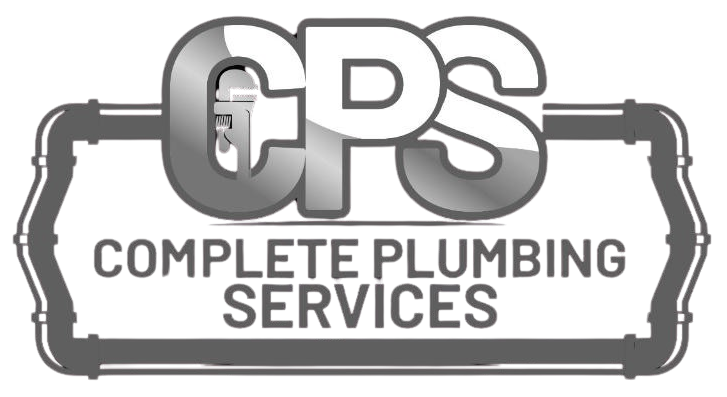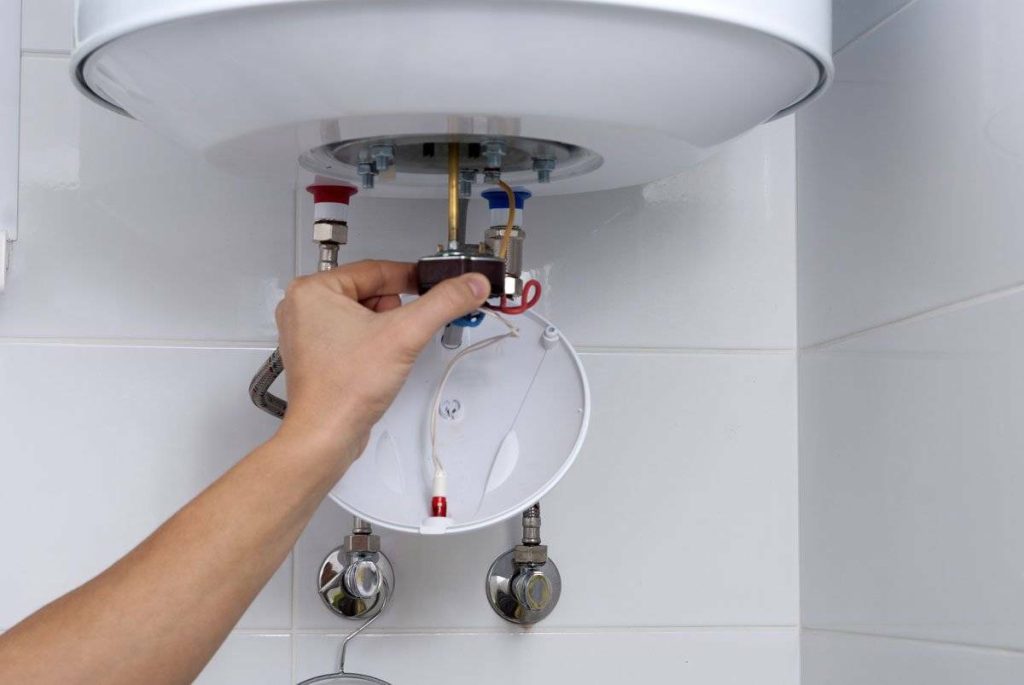A functioning water heater is essential for everyday comfort, from hot showers to clean dishes. However, over time, your water heater may show signs of wear and inefficiency. The big question is: should you repair or replace your water heater? This guide will walk you through the key factors to consider, helping you make the best decision for your home.
Signs Your Water Heater Needs Attention
Before deciding on a repair or replacement, it’s crucial to identify the signs that your water heater may be failing. Here are some common issues:
1. Lack of Hot Water
- If your water heater is not producing enough hot water or none at all, it could be due to a faulty thermostat, heating element, or sediment buildup in the tank.
2. Strange Noises
- Rumbling, popping, or banging noises often indicate sediment accumulation, which can reduce efficiency and cause damage over time.
3. Leaking Tank
- Any water pooling around the base of your heater is a serious issue. A leaking tank usually means replacement is necessary, as repairs are not typically effective.
4. Rusty or Discolored Water
- If the hot water coming from your taps is brown or rusty, your tank may be corroding from the inside. This can lead to leaks and contamination.
5. Inconsistent Water Temperature
- If your water temperature fluctuates unpredictably, it may indicate a problem with the thermostat, heating element, or sediment buildup.
6. Age of the Water Heater
- Most water heaters last 8-12 years. If yours is within this range or older, replacement is often the more cost-effective option.
When to Repair Your Water Heater
If there are minor issues, then water heater repair may be the best solution. Here are situations where a repair can extend the life of your heater:
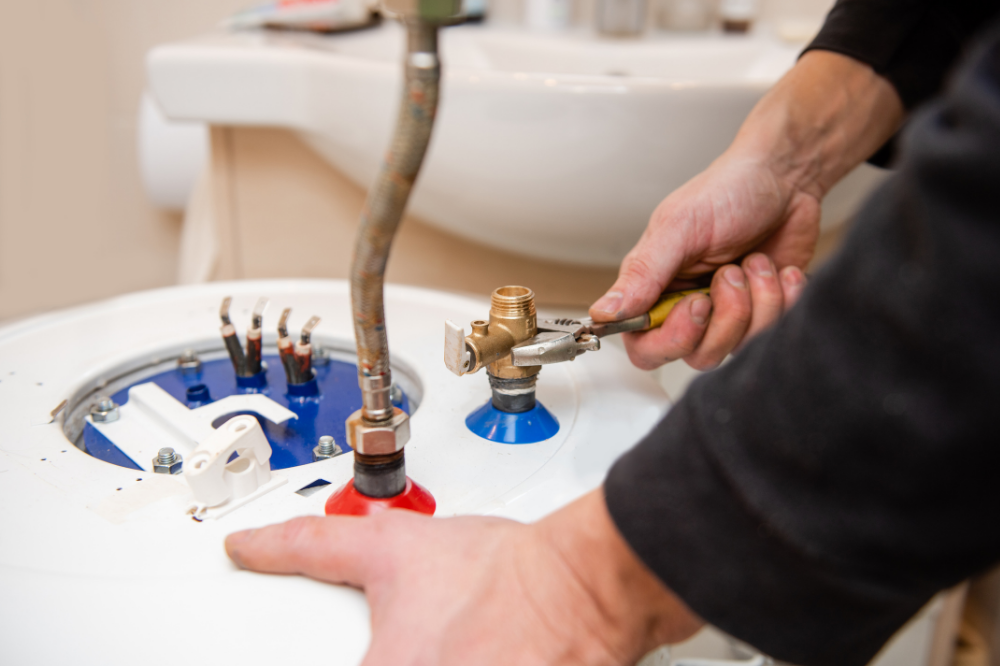
1. The Problem is a Simple Fix
- Broken thermostat: If your water is too hot or too cold, replacing the thermostat can solve the issue.
- Pilot light issues: Gas water heaters sometimes have pilot light malfunctions that can be easily fixed.
- Heating element failure: Electric water heaters rely on heating elements, which can be replaced if they fail.
2. The Unit is Relatively New
- If your heater is less than 8 years old, and the problem is minor, a repair may be more cost-effective than a full replacement.
3. There’s No Major Rust or Leakage
- If the tank itself is not corroded or leaking, small repairs can often restore full functionality.
When to Replace Your Water Heater
In some cases, a water heater replacement is the best option. Here are clear signs you should invest in a new unit:
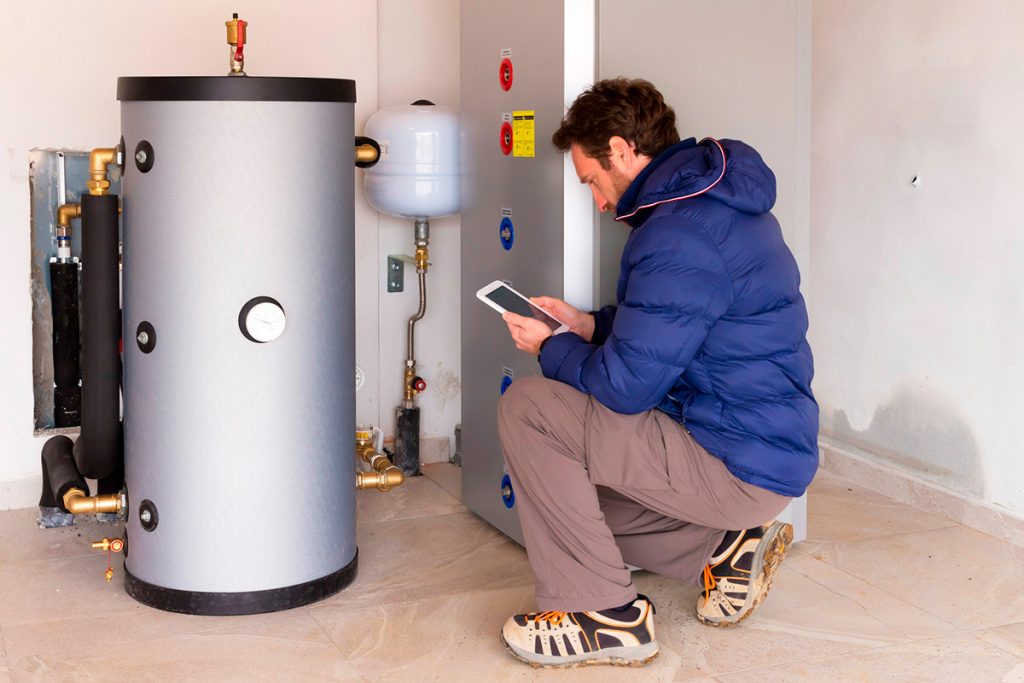
1. Frequent Repairs
- If you find yourself calling a plumber multiple times a year for repairs, replacing the heater can save you money in the long run.
2. The Heater is Over 10 Years Old
- Older units are less energy-efficient and more prone to failure. Upgrading to a modern model can reduce energy bills and improve performance.
3. Water Heater is Leaking
- A leaking tank cannot be repaired. If your unit is leaking, replacement is your only option.
4. Rust or Corrosion on the Tank
- If you see rust or corrosion, the integrity of the tank is compromised, and it’s only a matter of time before it leaks.
5. Rising Energy Bills
- Older water heaters lose efficiency, causing your energy bills to increase. A new unit can cut costs and improve energy savings.
Choosing a New Water Heater
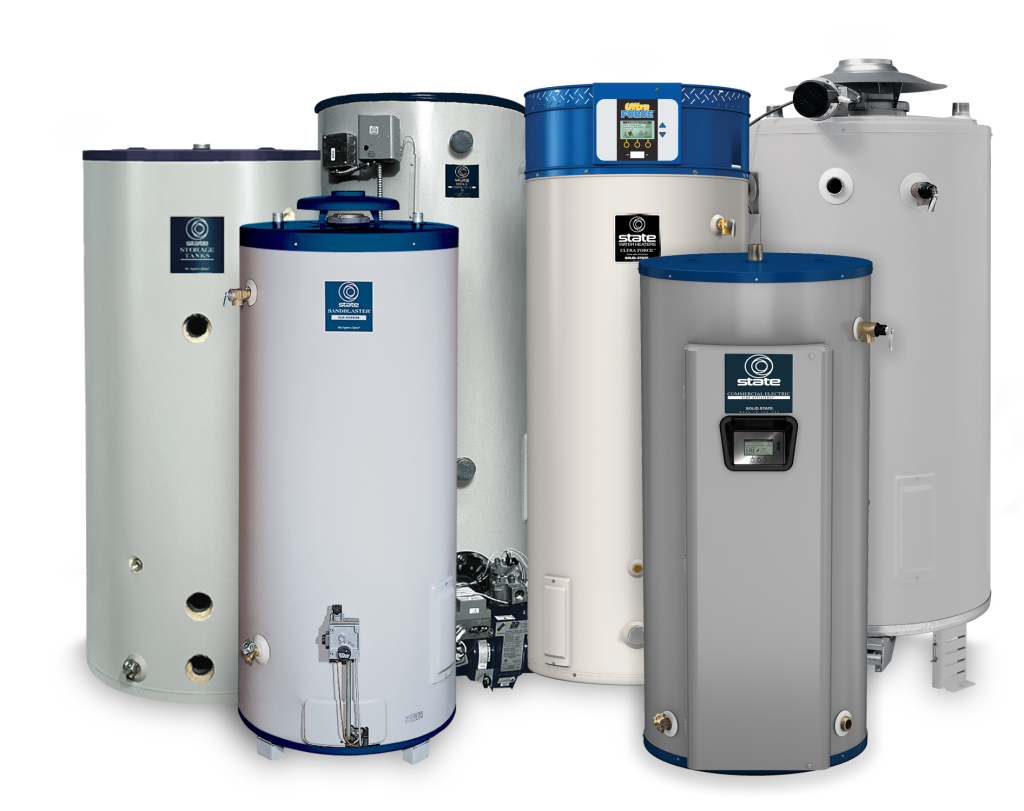
If replacement is necessary, consider these factors when choosing a new water heater:
1. Type of Water Heater
- Traditional Tank Water Heater: Stores hot water and is ideal for households with high water demand.
- Tankless Water Heater: Heats water on demand, offering energy savings and unlimited hot water.
2. Fuel Type
- Gas: Heats water faster and works during power outages.
- Electric: More energy-efficient but may have higher operating costs.
3. Capacity
- Choose the right size based on household usage:
- 1-2 people: 30-40 gallons
- 3-4 people: 40-50 gallons
- 5+ people: 50-80 gallons
4. Energy Efficiency
- Look for ENERGY STAR-rated models to maximize savings.
Final Thoughts
Deciding whether to repair or replace your water heater depends on several factors, including age, efficiency, and repair costs. If your heater is relatively new and has minor issues, a repair may suffice. However, if it’s aging, inefficient, or leaking, investing in a new unit can save you money and provide reliable hot water for years to come.
By following this guide, you’ll make an informed decision about whether to repair or replace your water heater, ensuring your home has consistent and efficient hot water.
FAQs
Q: How frequently should I flush my water heater?
A: You should flush your water heater at least once a year to remove sediment buildup and maintain efficiency.
Q: Can I install a water heater myself?
A: While DIY installation is possible, professional installation ensures safety, compliance with local codes, and proper functioning.
By following this guide, you’ll make an informed decision about whether to repair or replace your water heater, ensuring your home has consistent and efficient hot water.

Roger Johannas
I am a seasoned blog writer with over 10 years of experience creating engaging and informative content. Currently, I contribute to Complete Plumbing Services, crafting articles that highlight expert plumbing solutions and tips for homeowners and businesses alike.
